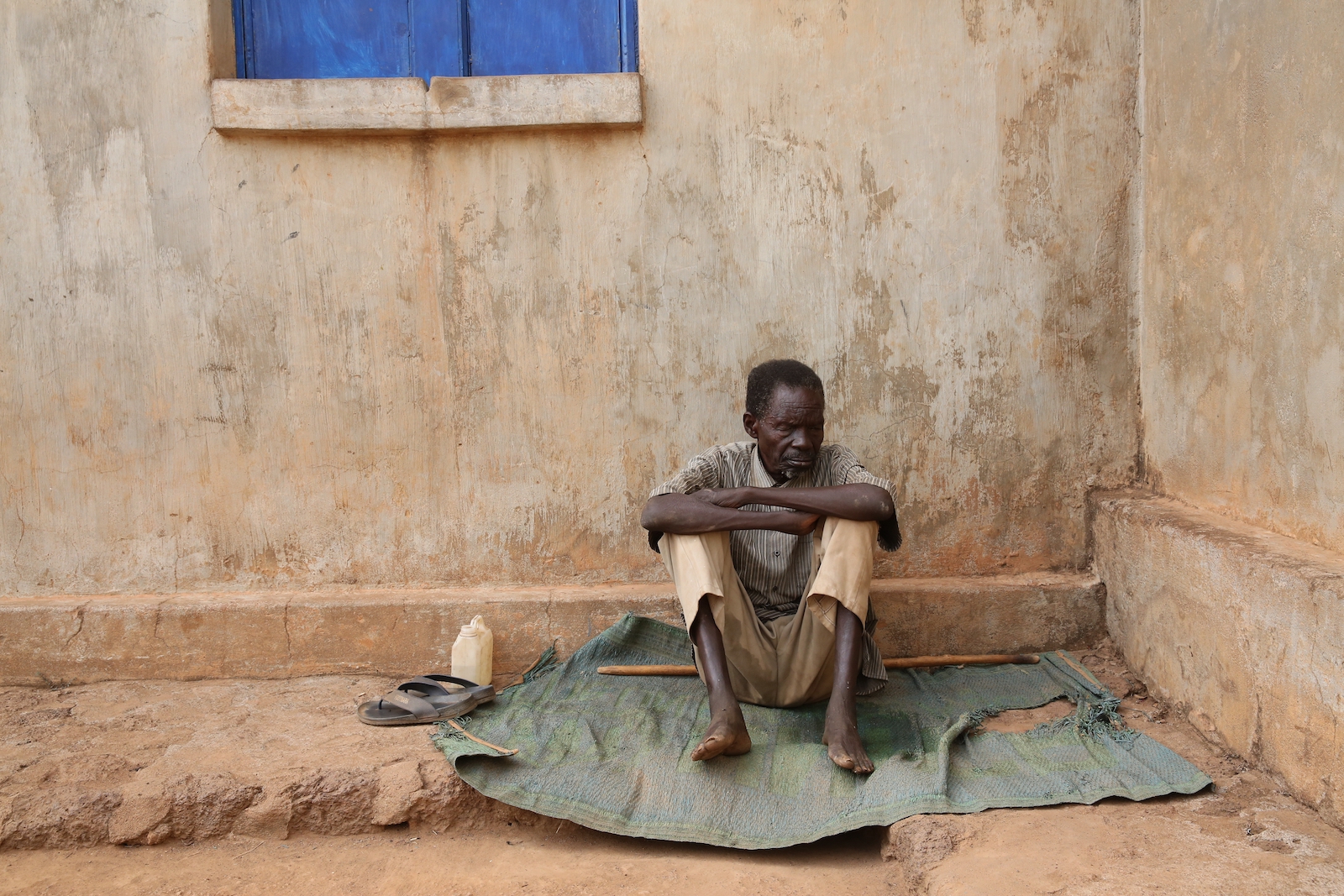
The Sudan Genocide is a Nightmare
As Sudan’s devastating war nears its second year, the country remains engulfed in the world’s largest humanitarian crisis. The UN Secretary-General’s personal envoy, Ramtane Lamamra, has called for intensified, coordinated efforts toward a peace agreement—one that upholds Sudan’s national sovereignty, independence, and territorial integrity while putting an end to the widespread suffering.
What began in April 2023 has spiraled into one of the deadliest civil conflicts of the 21st century. The Rapid Support Forces (RSF), commanded by Mohamed Hamdan Dagalo—better known as Hemedti—are locked in a brutal struggle against the Sudanese Armed Forces (SAF), led by General Abdel Fattah al-Burhan. The battle for control over the Darfur and Kordofan regions has exacted a staggering human toll.
More than 12 million people have fled their homes, seeking refuge either elsewhere in Sudan or across borders. Famine has been confirmed in at least ten locations, with another 17 on the brink. The war has followed a familiar but devastating pattern—civilians bear the brunt. They have been massacred, sexually assaulted, displaced, and left to starve by both warring factions. Estimates suggest that at least 150,000 civilians have died.
In Khartoum alone, the death toll exceeds 61,000, with 26,000 directly killed in combat. The true scale of loss, however, is likely far higher. Human rights experts warn that as many as 90% of deaths in the capital go unrecorded, leaving the actual casualty figures in Sudan severely underestimated.
Nowhere is the suffering more concentrated than in North Darfur’s capital, Al Fashir. The RSF has besieged the city since September 2024, turning it into a deathtrap for civilians. In a pattern horrifyingly reminiscent of Darfur’s earlier atrocities, the RSF has carried out ethnically targeted massacres against non-Arab communities—especially the Masalit people. A UN panel of experts reported that between 10,000 and 15,000 Masalit were slaughtered by the RSF in El Geneina, West Darfur, in 2023. Since then, tens of thousands more Darfuris have perished.
The crisis has triggered one of the largest displacement events in recent history. Of the 14.6 million Sudanese uprooted by the violence, nearly 3 million have sought asylum in neighboring countries like Chad and South Sudan. But the conditions in refugee camps are dire. In Chad’s Arkoum refugee camp, malnutrition runs rampant—an estimated ten children die of starvation every week. Overcrowding, lack of clean water, and inadequate sanitation have turned these camps into breeding grounds for disease.
For those trapped within Sudan, the outlook is equally grim. Internally displaced persons (IDP) camps, home to millions, are grappling with a cholera outbreak exacerbated by contaminated water, poor hygiene, and a near-total collapse of medical services. Humanitarian agencies, struggling against relentless violence and logistical hurdles, are unable to meet the overwhelming needs of the displaced.
Meanwhile, sexual violence has become another weapon of war. A UN fact-finding mission documented over 400 cases of women seeking medical aid for sexual violence between April 2023 and July 2024. The actual numbers are almost certainly far higher, as the stigma surrounding sexual assault prevents many from reporting it. Some women, facing the grim certainty of rape by RSF soldiers, have taken their own lives to escape their fate.
Both the SAF and RSF are weaponizing starvation. Since the outbreak of war, 145 healthcare facilities have been looted or destroyed, leaving 65% of Darfur’s population without even the most basic medical services. Humanitarian aid remains blocked at multiple points. The Global Hunger Monitor has issued famine alerts for five regions in Sudan, yet the Sudanese government—led by Burhan—denies its existence. In October 2024, Khartoum barred all international and UN aid workers from entering Darfur, invoking “national sovereignty” as a justification. At least 22 humanitarian workers have been killed.
The war has now entered what Genocide Watch defines as the ninth stage of genocide: extermination. The RSF has violated multiple articles of the Genocide Convention, and its campaign of ethnic violence shows no sign of abating.
Urgent action is needed. Genocide Watch recommends that the UN Security Council—or, failing that, the General Assembly—invoke the Responsibility to Protect (R2P) doctrine, authorizing a UN peacekeeping force to prevent further atrocities. The international community must also ensure that both Hemedti and Burhan face prosecution at the International Criminal Court (ICC) for war crimes, crimes against humanity, and genocide. Former Sudanese President Omar al-Bashir, long wanted for genocide in Darfur, must be extradited from military custody and brought to justice.
For Sudan to have a future, the RSF must be dismantled, and the SAF replaced with a professional, multi-ethnic security force accountable to international oversight. Only then can the cycle of violence be broken—and the nightmare of genocide finally brought to an end.
